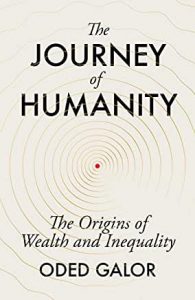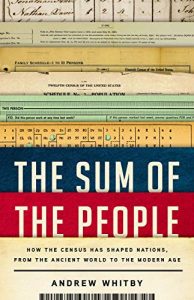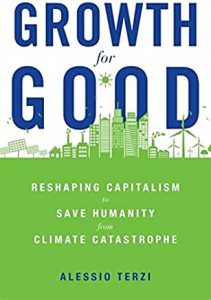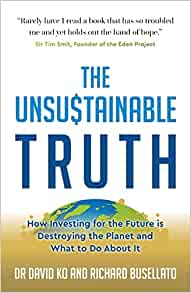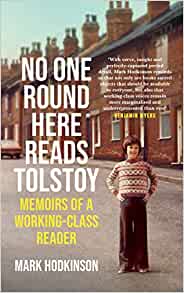I enjoyed Oded Galor’s The Journey of Humanity: The Origins of Wealth and Inequality. There are of course lots of grand sweep of human history books around – Ian Morris, Walter Scheidel, Jared Diamond, James Scott, even Yuval Noah Harari, not to mention all the accounts of why modern growth came about – David Landes, Joel Mokyr, Deirdre McCloskey. And many more. So I was slightly trepidatious picking up yet another. However, it’s well worth it.
I hadn’t previously been familiar with Galor’s academic work on growth, shame on me, but find it persuasive. There’s a fundamentally simple story – albeit complex and contingent in how it plays out – about interaction between humans (individually and collectively) interacting with technology in a dynamic where change starts slowly and reaches a tipping point beyond which it accelerates. The collective aspect of this incorporates an institutional trade-off between innovation and cohesion: more diverse societies generate more ideas and innovations, but are less cohesive. The dynamic also embeds path dependence: where you can get to depends on where you start and how you got there in the first place. “We are all the product of, and all contend with, the repercussions of events and behaviours that began decades, centuries and even millennia before we were born.” This model underpins the narrative account in The Journey of Humanity.
Like others, Galor sees the early 20th century as an astonishing period of progress: “It is hard to comprehend the leap in the quality of life experienced by people across the globe.” He also highlights the role of radio: “Radio appears to have had a more dramatic impact on lifestyles and culture than any other invention preceding it.” And the BBC is only 100 years old this year – and still, thanks to the World Service, profoundly important in many low-income and/or remote places.
The book is also nicely written with plenty of stories and interesting nuggets of information. The challenge it poses is, of course, how to get from where we are – under the shadow of a long history – to a world where everybody has attained a high standard of living delivering good health, longevity and quality of life and catastrophic climate change and biodiversity loss have been averted. The cogs are turning as they always have, but the vehicle can be steered.

